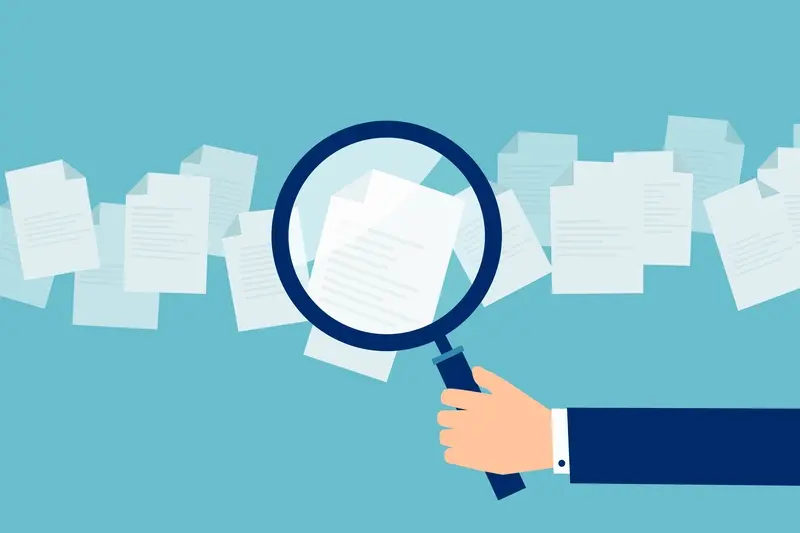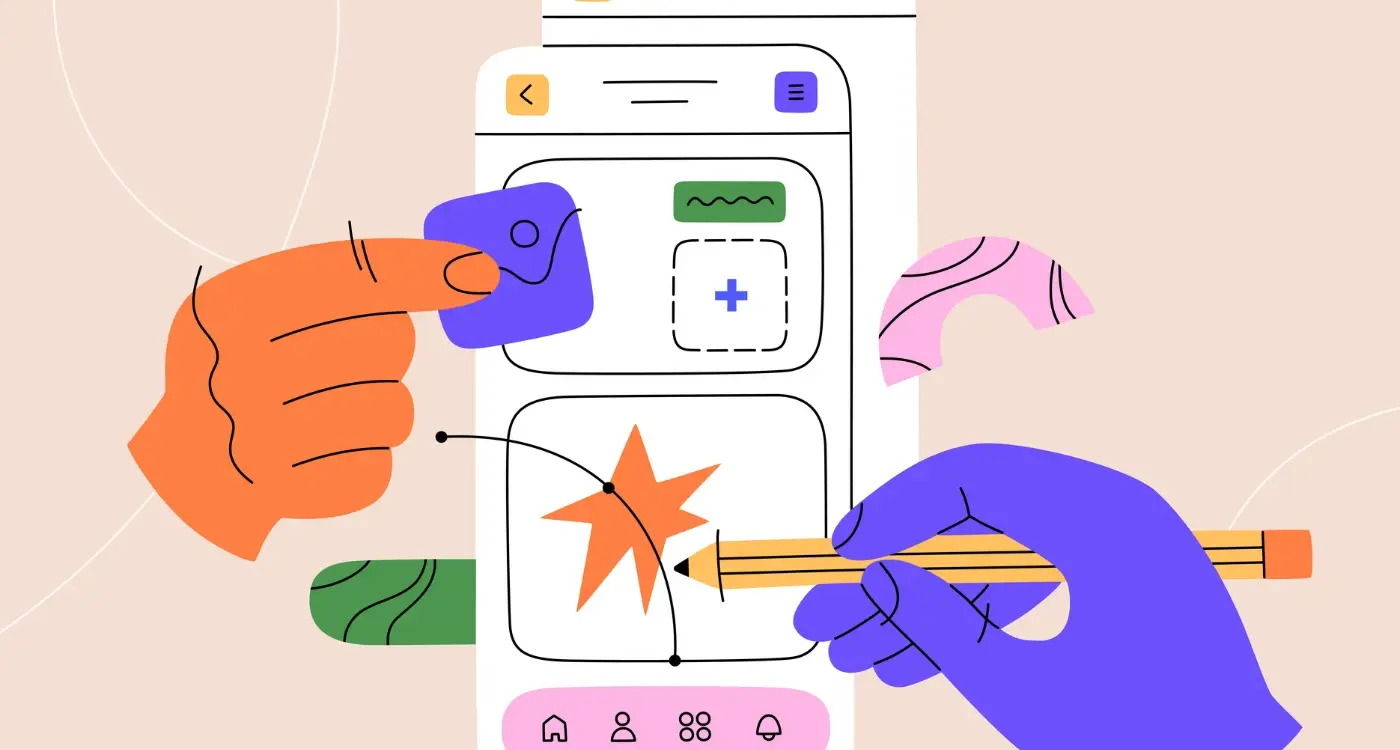How Do I Know If My App Idea Will Actually Make Money?
I've spent the better part of a decade watching brilliant app ideas crash and burn—not because they were poorly built, but because nobody validated whether they'd actually make money. It's heartbreaking really. Developers pour months of work and thousands of pounds into something that sounds amazing in their head, only to launch to crickets and empty bank accounts.
The thing is, having a great app idea is just the starting point. What separates successful apps from expensive mistakes is proper app idea validation. This means figuring out if real people will pay for your solution before you write a single line of code. Mobile app monetisation isn't magic; it follows predictable patterns that you can research and test.
The best time to discover your app won't make money is before you build it, not after
Throughout this guide, we'll walk through exactly how to validate your app idea using proven methods. You'll learn how to research your market, choose the right app business model, and calculate realistic revenue projections. By the end, you'll know whether your idea has genuine profit potential—or whether it's time to pivot to something better. No guesswork, no wishful thinking, just solid data to guide your decisions.
Understanding App Idea Validation
Here's the thing about app ideas—everyone's got one. I can't tell you how many times I've been at a dinner party and someone's cornered me with their "million-pound app idea" that's going to change everything. Most of the time though, they haven't actually checked if anyone wants what they're planning to build.
App idea validation is basically proving that people actually want your app before you spend months and thousands of pounds building it. Think of it as asking "will people pay for this?" before you create it, rather than hoping they will after you've finished.
What Makes an Idea Worth Building?
A good app idea solves a real problem that real people have. Not a problem you think they should have—a problem they actually lose sleep over. I've worked with clients who built beautiful apps that nobody downloaded because they solved problems that didn't really exist.
Your idea needs to pass a few basic tests. Does it solve a genuine problem? Are people currently paying for solutions to this problem? Can you reach the people who have this problem? If you're answering "maybe" or "I think so" to any of these, you need to dig deeper. This is where knowing if you have a good idea for an app becomes crucial to your success.
Simple Ways to Test Your Idea
Start by talking to potential users—not your mum or best mate who'll tell you it's brilliant regardless. Find strangers who fit your target audience and ask them about the problem you're trying to solve.
- Survey potential users about their current pain points
- Check if people are already searching for solutions online
- Look at competitor app reviews to see what users complain about
- Create a simple landing page describing your app and see if people sign up for updates
The goal isn't to get people to say "yes, I'd use that"—anyone can say that. You want to see if they'll actually take action, like signing up for a waiting list or pre-ordering.
Researching Your Target Market
I've seen too many brilliant app ideas fail because the creators never bothered to find out who actually wanted their product. They built something they thought was amazing—and it probably was—but they forgot to check if anyone else shared their enthusiasm. Market research isn't the most exciting part of app idea validation, but it's absolutely necessary if you want your app to make money.
Start by identifying who your ideal users are. Not just "everyone who owns a smartphone" (that's what I hear far too often!) but real, specific people with actual problems your app can solve. Create detailed user profiles that include age ranges, income levels, lifestyle habits, and most importantly, their pain points.
Where to Find Your Research
You don't need expensive market research firms to get started. Social media groups, online forums, and survey tools can give you incredible insights. I always tell my clients to spend time where their potential users hang out online—Reddit, Facebook groups, industry forums. Listen to what people complain about, what they're asking for help with.
- Conduct online surveys using tools like Google Forms or SurveyMonkey
- Join relevant social media groups and observe discussions
- Interview potential users directly—even five conversations can reveal valuable insights
- Check app store reviews for similar apps to understand user frustrations
Don't just ask people if they'd use your app—watch what they actually do. People often say they want something but behave completely differently when it comes to spending money or downloading apps.
The goal isn't to prove your idea is right; it's to understand whether there's genuine demand and how much people might pay for a solution. If you want to dive deeper into market testing, check out our comprehensive guide on testing if your app idea has market potential.
Choosing the Right Business Model
Right, let's talk money—because that's what you're really here for, isn't it? I've watched countless brilliant app ideas crash and burn simply because the creators picked the wrong way to make money from them. It's heartbreaking, really.
Your business model is basically how you plan to turn users into revenue. Sounds simple enough, but there are more options than you might think, and each one changes how you'll build and market your app.
The Main Players
From my experience, most successful apps use one of these approaches:
- Freemium—free to download with premium features you pay to unlock
- Subscription—monthly or yearly payments for ongoing access
- One-time purchase—pay once, own forever
- In-app purchases—buy virtual goods, extra lives, that sort of thing
- Advertising—free for users, brands pay you to show their ads
Here's the thing though—your business model needs to match your app's purpose and your users' behaviour. A meditation app works brilliantly with subscriptions because people want ongoing content. But trying to sell monthly subscriptions for a simple calculator? Good luck with that! The best business model is the one that feels natural to your users; they shouldn't even think twice about paying.
Testing Your Concept Before Building
Right, so you've got your app idea and you think it's brilliant—but here's the thing that most people skip: testing whether anyone actually wants what you're planning to build. I can't tell you how many times I've seen people spend months (and thousands of pounds) building something that nobody asked for. It's heartbreaking, really.
The smartest approach? Start small and test everything. Create a simple landing page that describes your app idea and see if people sign up for updates. Run some Facebook or Google ads to drive traffic there—if nobody clicks or converts, that's telling you something important about demand. You could also build a basic prototype using tools like Figma or even just sketches; show it to potential users and watch their reactions closely. You can learn how to validate your app idea without writing a single line of code using these proven techniques.
Getting Real Feedback
Don't just ask friends and family what they think—they'll lie to spare your feelings! Instead, find people who genuinely fit your target market. Join relevant Facebook groups, Reddit communities, or local meetups where your potential users hang out.
The goal isn't to prove you're right about your idea—it's to discover what's actually true about the market demand
Survey these people, but keep it short and focused. Ask about their current problems, how they solve them now, and whether they'd pay for a better solution. This validate app idea process might feel tedious, but it's infinitely cheaper than building the wrong thing entirely.
Calculating Potential Revenue and Costs
Right, let's talk numbers—the bit that makes most people's eyes glaze over but is absolutely vital if you want to know whether your app will actually pay the bills. I've worked with clients who've spent months perfecting their app concept only to discover the maths just doesn't add up. Don't be one of them!
Working Out Your Revenue Streams
Start with how you'll make money. If you're charging £2.99 for downloads and expect 1,000 users in your first month, that's roughly £3,000 in revenue (minus Apple and Google's 30% cut, so actually closer to £2,100). For subscription apps, multiply your monthly fee by expected subscribers—but be realistic here. Most apps struggle to hit their user projections in the early days.
Understanding Your Development Costs
Development costs vary wildly depending on complexity. A simple app might cost £15,000-£30,000 to build properly, whilst something more complex could easily hit £100,000+. Don't forget ongoing costs like server hosting, app store fees, marketing, and updates—these can add up to thousands per month. I always tell clients to budget at least 30% more than their initial estimate because something always comes up during development. Trust me on this one!
Analysing Your Competition
I'll be honest with you—checking out your competition isn't the most exciting part of app idea validation, but it's one of the most revealing. Over the years, I've seen countless entrepreneurs skip this step and regret it later. They build their app, launch it, and then discover there are five other apps doing exactly the same thing, but better and cheaper.
Start by searching the app stores for keywords related to your idea. Download the top apps and actually use them for a few days. Don't just look at screenshots—properly test them. What do they do well? Where do they fall short? How much do they charge? Check their reviews too; users will tell you exactly what's missing or broken. If you're wondering about existing apps in your space, here's how to check if your app idea exists already.
Finding Your Competitive Edge
Here's where it gets interesting. Competition isn't always bad news. If there are successful apps in your space, it proves there's demand. The key is finding your angle. Maybe existing apps are too complex and you can build something simpler. Perhaps they're targeting businesses when consumers are underserved. Look for gaps you can fill.
Use tools like App Annie or Sensor Tower to see competitor download numbers and revenue estimates. This data helps validate whether there's actual money being made in your app category.
Document everything you find. Create a simple spreadsheet comparing features, pricing, and user feedback. This research will shape your business model and help you position your app differently when you're ready to launch.
Building a Go-to-Market Strategy
Right, so you've validated your idea, researched your market, and chosen your business model—now comes the bit that separates successful apps from the ones that disappear into the app store abyss. Your go-to-market strategy is basically your battle plan for getting people to actually download and use your app.
I've watched countless brilliant apps fail because their creators thought "if we build it, they will come." Spoiler alert: they won't! You need to actively tell people about your app and give them compelling reasons to care. This means deciding where your target users hang out online and offline, what messaging will resonate with them, and how you'll reach them without burning through your budget. Once you're ready to move forward, you'll want to understand the complete process of turning your app idea into reality.
Your Launch Timeline
Start building buzz before you launch—not after. Here's what I recommend focusing on:
- Pre-launch: Build an email list, create social media accounts, reach out to potential early adopters
- Launch week: Coordinate press outreach, influencer partnerships, and paid advertising
- Post-launch: Gather user feedback, iterate quickly, and double down on what's working
The beauty of mobile apps is that you can test different marketing approaches relatively cheaply. Start small, measure everything, and scale what works. Your go-to-market strategy isn't set in stone—it should evolve as you learn more about your users.
Conclusion
Look, I'll be honest with you—there's no magic formula that guarantees your app idea will make money. I've seen brilliant concepts fail spectacularly and simple ideas that shouldn't work become massive successes. But what I can tell you after working with hundreds of clients is that the apps that do make money aren't just lucky; they're the ones that did their homework first.
App idea validation isn't about proving your idea is perfect—it's about understanding whether people actually want what you're building and if they'll pay for it. The mobile app monetization strategies we've covered only work if you've got the foundation right: knowing your audience, understanding your competition, and choosing an app business model that makes sense for your specific situation.
The hardest part isn't coming up with an idea; it's being honest about whether that idea solves a real problem for real people. I've watched too many entrepreneurs skip the validation steps and build apps that nobody downloads. Don't be that person. Take the time to validate your app idea properly—test early, listen to feedback, and be prepared to change course if the data tells you to. Your bank account will thank you later.
Share this
Subscribe To Our Learning Centre
You May Also Like
These Related Guides

How Do I Know If My App Idea Already Exists?

What Market Research Methods Work Best for New Apps?



